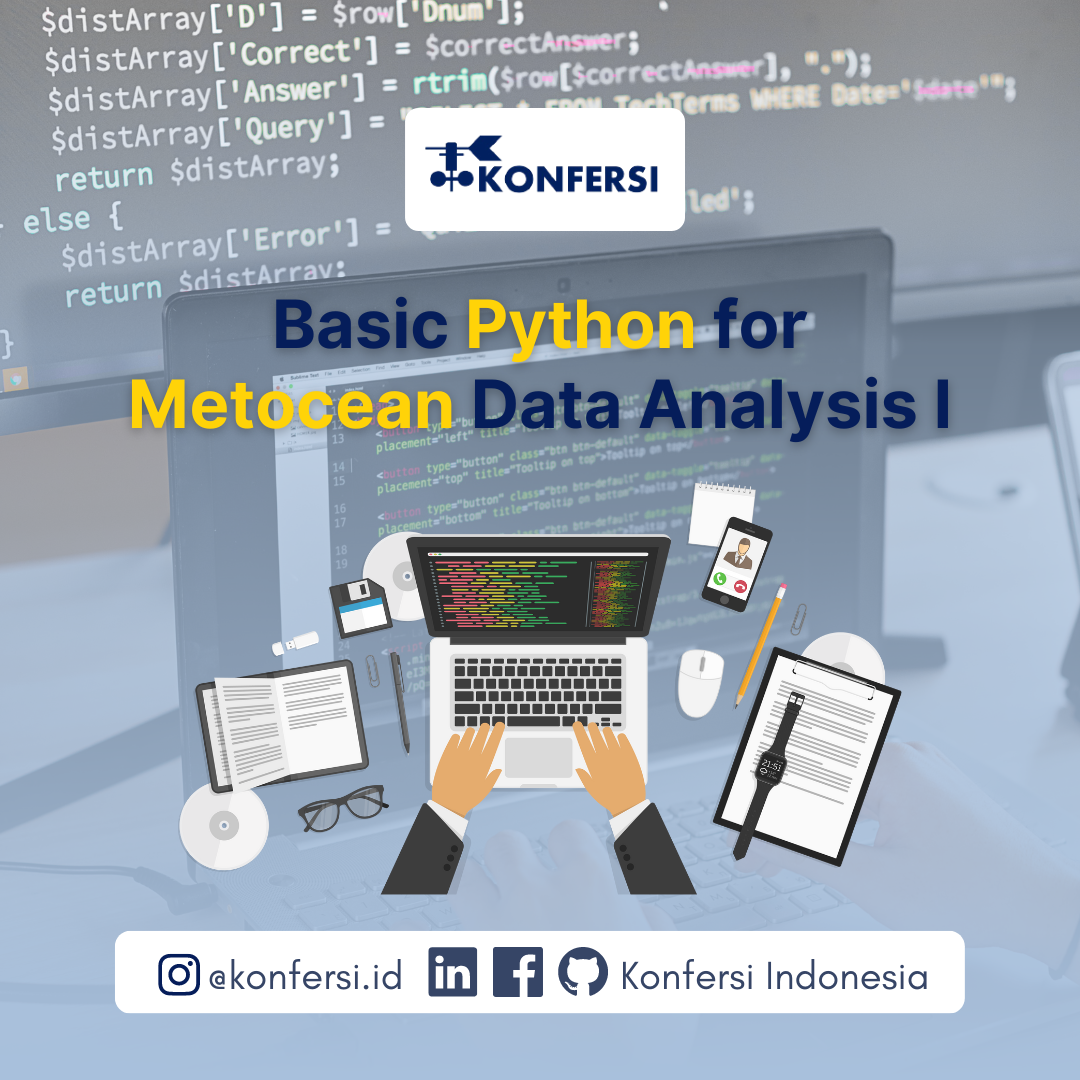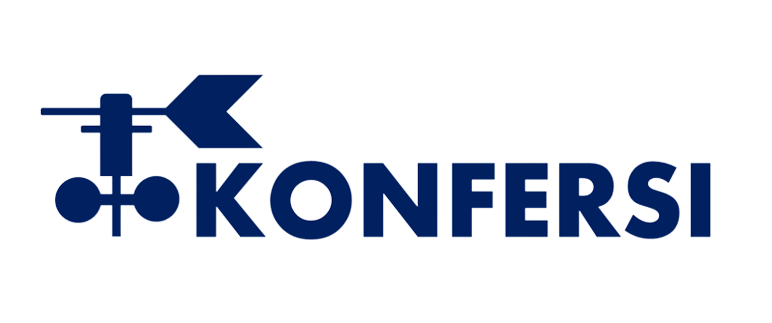Basic Python for Metocean Data Analysis I

About Course
In this comprehensive course, you will learn the fundamentals of Python programming and how to leverage its power for metocean data analysis. Whether you are a beginner or have some prior coding experience, this course will equip you with the essential skills needed to process, analyze, and visualize metocean data using Python. In this course, you will learn:
- Introduction to Python and Programming Basics
- Working with Data Structures
- File Handling and Data Input/Output
- NumPy: Numerical Computing with Python
- Data Visualization with Matplotlib
- Data Analysis with Pandas
- Metocean Data Analysis and Visualization
By the end of this course, you will have a strong foundation in Python programming and be equipped with the skills necessary to manipulate, analyze, and visualize metocean data. You will be able to apply these skills to real-world scenarios and gain valuable insights from metocean datasets.
Course Content
Prologue
-
Prologue
Introduction to Python and Programming Basics
Working with Data Structures
File Handling and Data Input/Output
NumPy: Numerical Computing with Python
Data Visualization with Matplotlib
Data Analysis with Pandas
Metocean Data Analysis and Visualization
Student Ratings & Reviews
Membantu memahami olah data Metocean walau hanya bentuk teks saja
nice to have some videos
